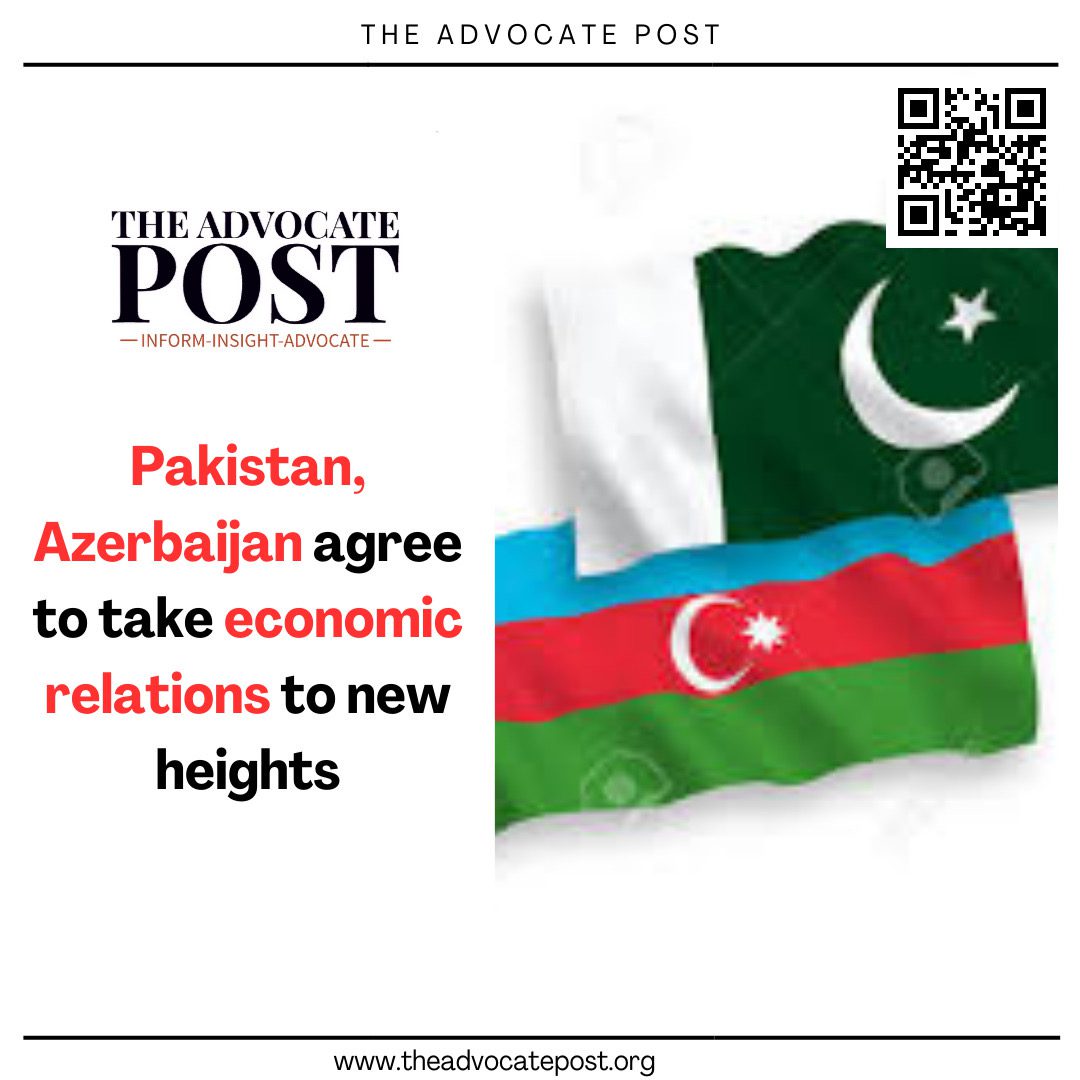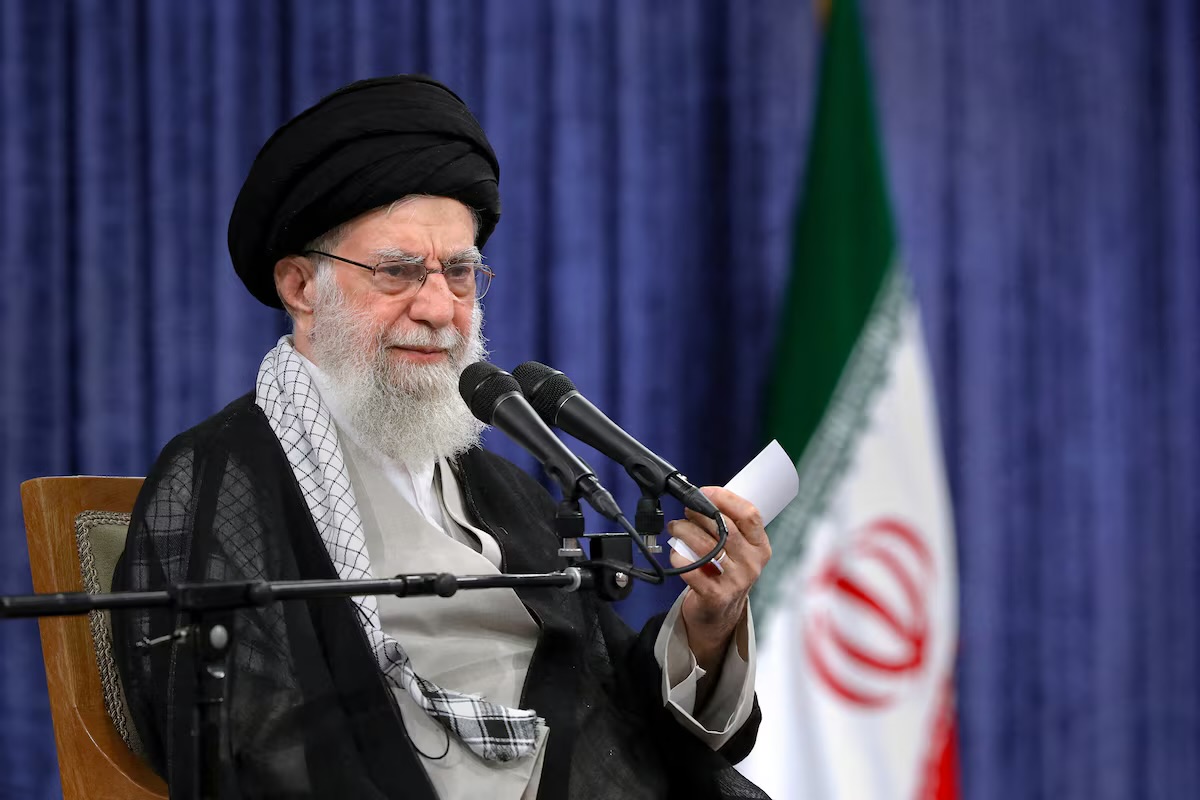News Desk
Pakistan and Azerbaijan on Thursday discussed ways to enhance bilateral investments up to $2 billion in mutually beneficial projects during President Ilham Aliyev official visit to Islamabad.
At PM Shehbaz’s invitation, Azerbaijani President Aliyevarrived in Islamabad on Thursday for a two-day formal visit scheduled for July 11–12.
Following the signing of agreements and memorandums of understanding in a number of fields between the two nations, Prime Minister Shehbaz Sharif stated,
“We have discussed an initial figure of $2 billion investment in areas of mutual beneficial projects,”
during a joint press stakeout with President Ilham Aliyev of Azerbaijan.
The prime minister anticipated that the two sides would be prepared to sign agreements worth $2 billion to begin with when he visits Azerbaijan in November of this year, since there was a lot of room for both sides to increase this amount in the years to come.
“In addition to discussing areas of joint cooperation and joint investments, we have agreed to enhance our bilateral trade as a result of today’s in-depth conversation,”
he continued.
In the sphere of cooperative investment in sectors that are mutually advantageous, the prime minister stated,
“The bilateral investment volume of less than $100 million does not reflect the strength of our brotherhood and friendship.”
The prime minister expressed satisfaction with the bilateral meeting and said that both parties reaffirmed their steadfast commitment to moving forward and reaching higher levels of success in the areas of trade and investment. The discussions were based on mutual trust and confidence
According to the visiting dignitary, the two sides have discussed a number of projects in the fields of energy infrastructure and defense.
President Ilham mentioned PM Shehbaz’s visit to Azerbaijan last year and said it was a breakthrough, adding that the two nations have always supported and cooperated. He also mentioned that the two nations now participate in real-world cooperation in areas like trade, energy, investment, and transportation corridors.





